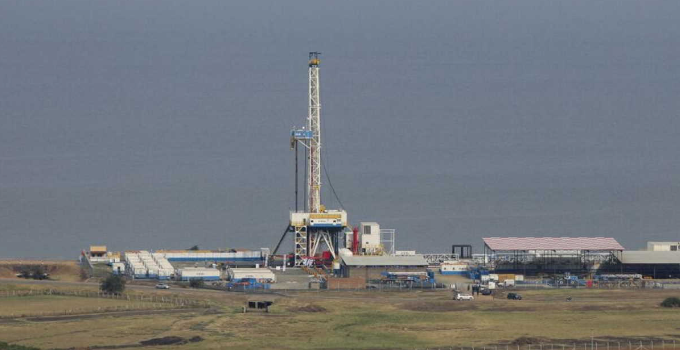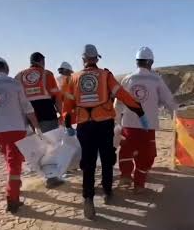
Environmental Concerns Surround Major Oil Project
Uganda has officially begun oil drilling in a Chinese-operated field, with hopes to start production by 2025. This announcement was made on Tuesday by Solomon Muyita, spokesman for the Ministry of Energy and Mineral Development, who described the initiation of drilling at the Kingfisher oil field in Kikuube district as a “significant stride” toward commercial oil production.
The project, however, has faced substantial criticism regarding its environmental impact. The China National Offshore Oil Corporation (CNOOC) oversees operations at this field, where Uganda is estimated to possess recoverable oil reserves of at least 1.4 billion barrels.
In addition to drilling, construction will commence this year on the East Africa Crude Oil Pipeline, a collaboration between TotalEnergies and CNOOC, which will stretch 897 miles (1,443 kilometers) from Uganda to the Indian Ocean port of Tanga in Tanzania. Described as the world’s longest heated oil pipeline, it is also projected to be completed by 2025.
Climate activists have voiced concerns about the potential repercussions of the pipeline on local communities and the environment. Last year, Uganda’s president reacted strongly to a resolution from the European Parliament, which called for the international community to apply “maximum pressure” on Ugandan and Tanzanian authorities, as well as project stakeholders, to safeguard the environment and halt extractive activities in protected ecosystems, particularly around Lake Albert.
The EU Parliament highlighted that the pipeline project could put 100,000 people “at imminent risk of displacement” without adequate compensation. Despite these concerns, Ugandan authorities view the pipeline as essential for economic development, asserting that the nation’s oil wealth has the potential to lift millions out of poverty.
To address environmental issues, Uganda’s National Environmental Management Authority has been working to mitigate concerns, with Muyita claiming that thousands of families affected by the project have received compensation.










